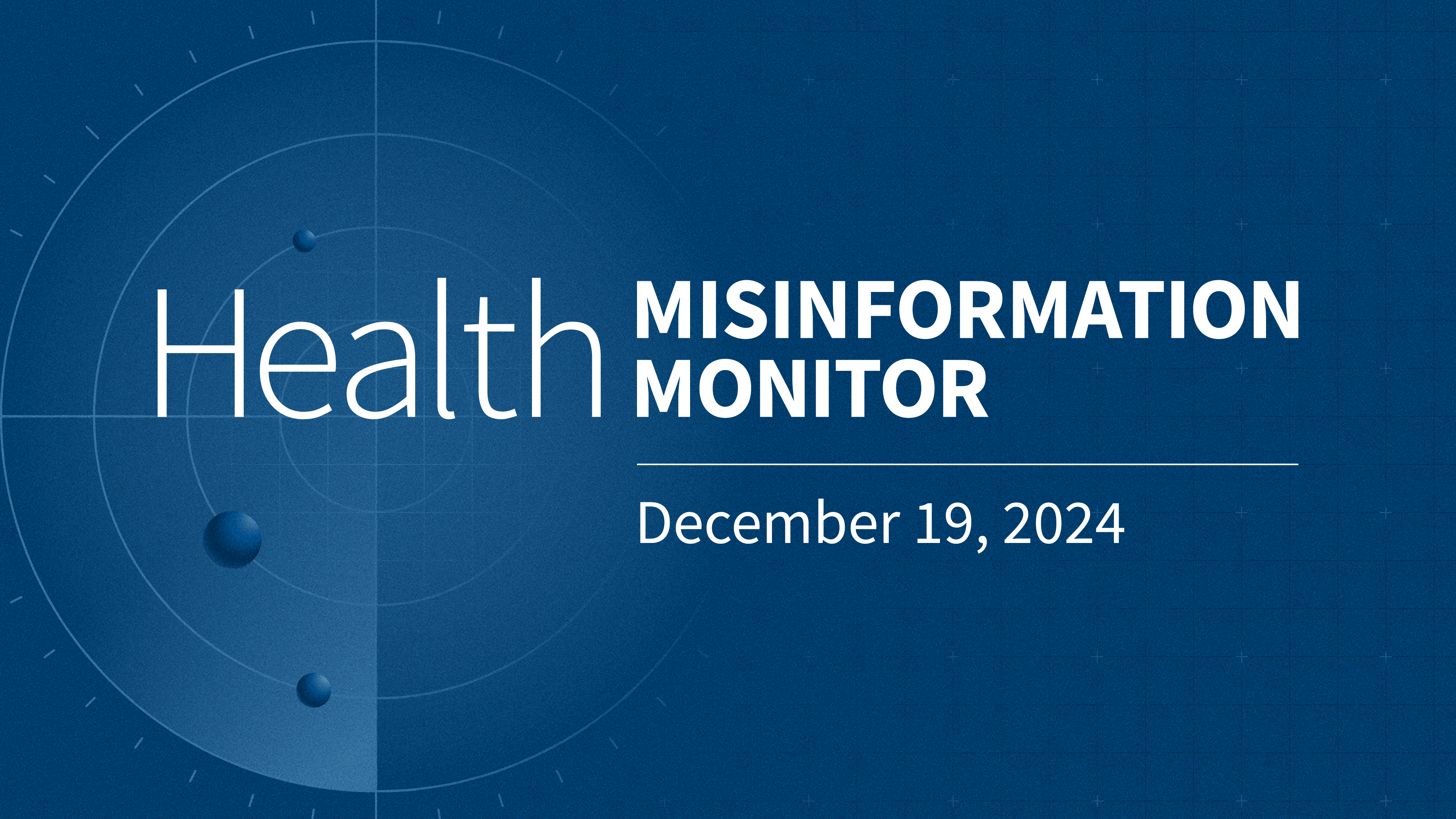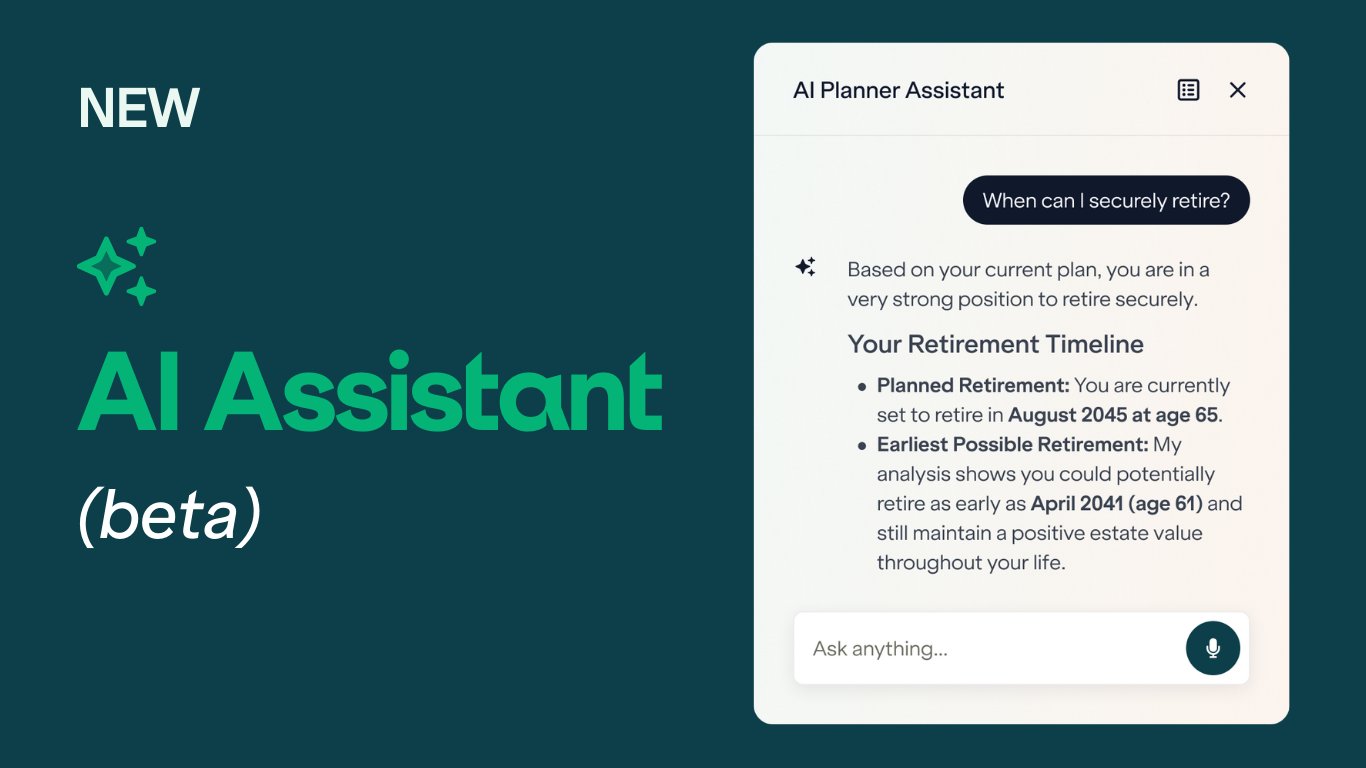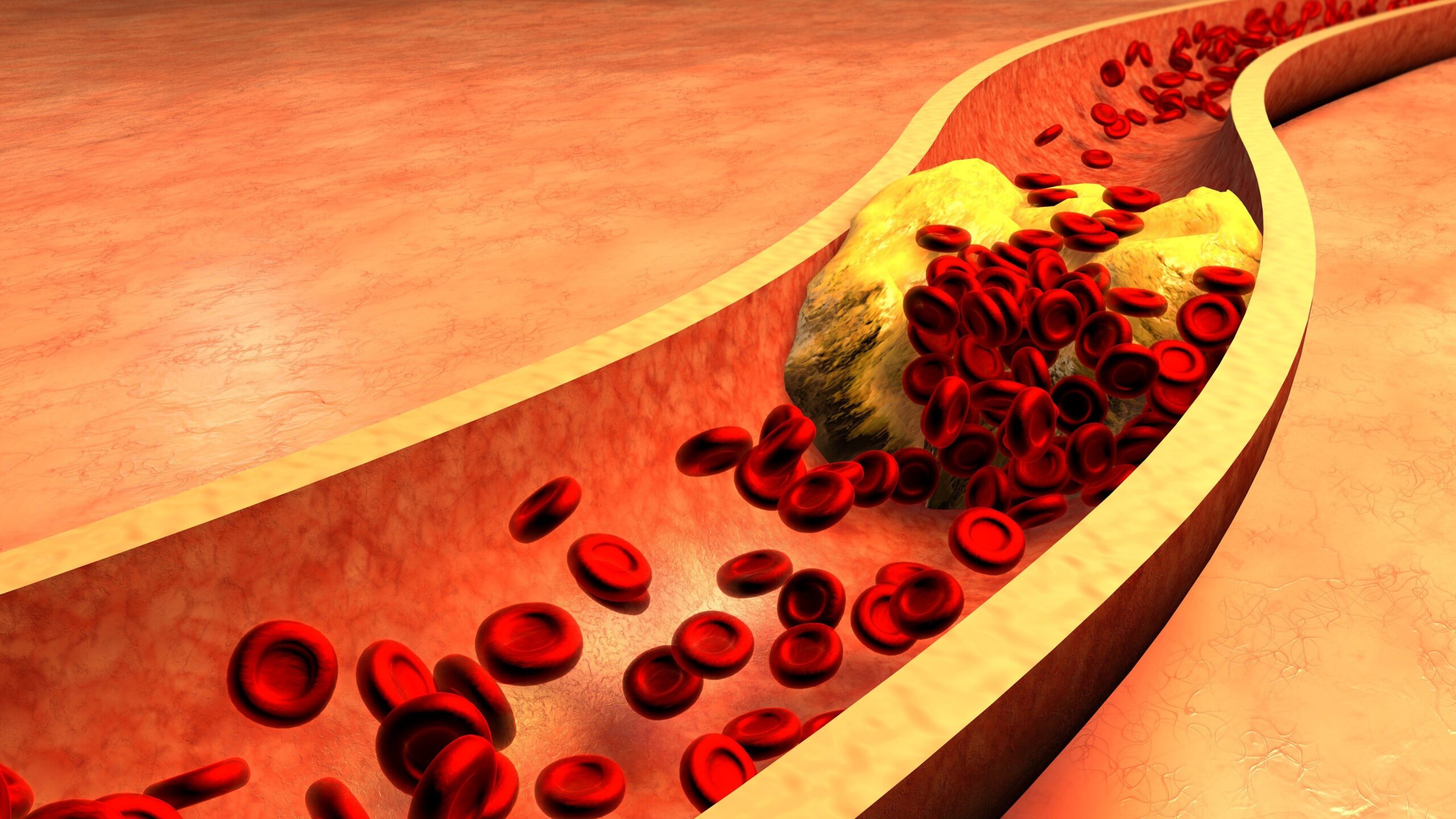False Claims Linking Vaccines to Autism May Further Hinder Vaccination Rates
The high number of pertussis (whooping cough) and measles cases reported in the U.S. this year compared to last year may reflect a shift in confidence in public health recommendations made by federal health officials. While vaccination remains the most effective way to prevent these diseases, a KFF analysis found a continued decline in routine immunization rates among U.S. kindergartners, with coverage for key vaccines such as MMR, DTaP, polio and varicella falling below pre-pandemic levels and, in the case of measles, below the threshold needed to prevent measles outbreaks. These trends, driven in part by vaccine misinformation and growing partisan divides over vaccine requirements, raise concerns about the potential for further declines under a Trump administration that has signaled skepticism towards vaccine effectiveness and safety.
On November 14, President-elect Donald Trump confirmed that he plans to nominate Robert F. Kennedy Jr., who has a history of sharing false or misleading claims about vaccine safety, to head the U.S. Department of Health and Human Services. During an interview on NBC’s Meet The Press, Trump suggested that Kennedy’s role would include investigating the debunked theory linking vaccines to autism, citing rising autism rates in the U.S., despite the scientific consensus that vaccines do not cause autism.
Kennedy’s claims about autism and vaccines often gain traction on social media, where other accounts amplify his message on their platform, particularly around the timing of high-profile events. For example, in the days before and after Trump announced his plan to nominate Kennedy, several X posts shared a video clip of Kennedy speaking at Hillsdale College in 2023, in which he falsely claimed that “there’s no front-end safety testing” for routine vaccines and suggested that vaccines cause autism, as well as ADHD, sleep disorders, language delays, Tourette’s syndrome, and narcolepsy. Four X accounts with large followings and a history of spreading false claims about vaccines shared the video between November 12 and November 15, receiving hundreds of thousands to millions of views. The most popular post of the four garnered approximately 6.7 million views, 148,000 likes, 52,000 reposts, and 1,500 comments as of December 5. Top comments on the post reinforced the debunked myth that vaccines cause autism, further spreading misinformation.
False claims that vaccines cause autism have existed for years and have been repeatedly debunked. The theory that vaccines cause autism was first popularized in 1998 by a small study that was later retracted, and the study’s author lost his medical license due to falsified information. Since then, decades of credible studies have consistently shown that vaccines are not associated with autism. Still, the myth persists, and concerns about mRNA COVID-19 vaccines have led to an increase in false claims about vaccine safety, including false claims linking vaccines to autism.
Publisher: Source link










